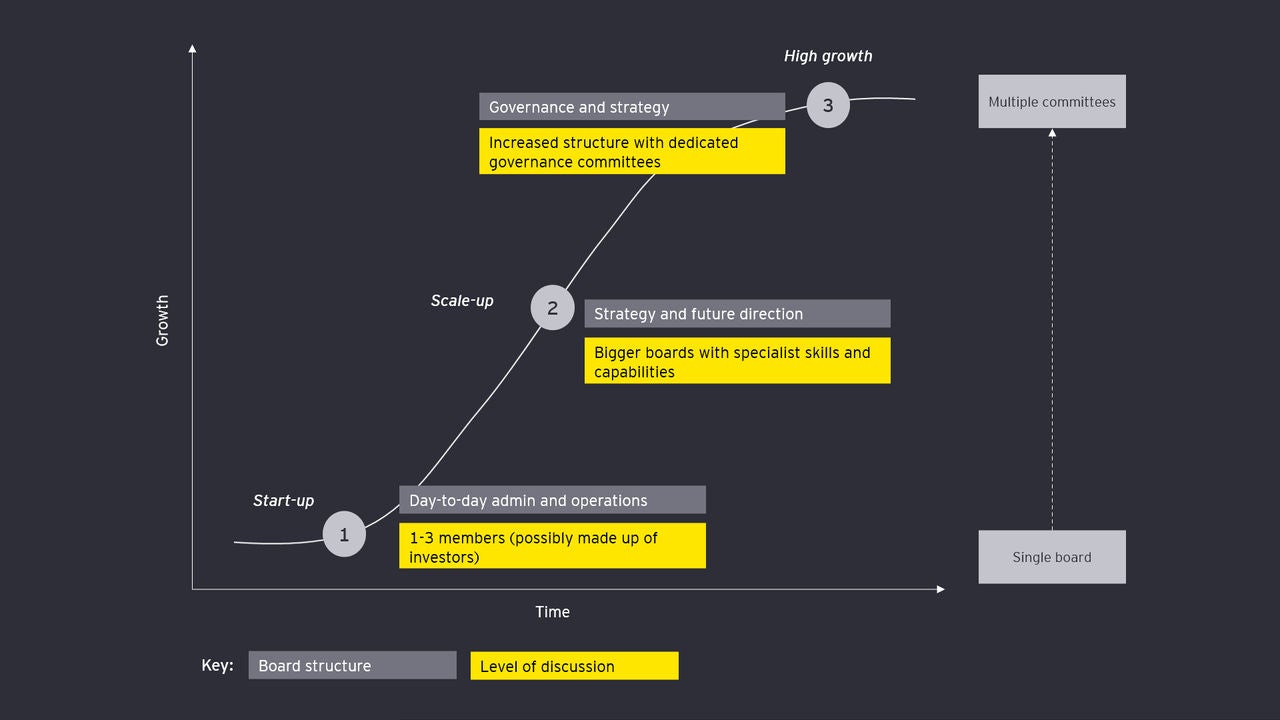EY refers to the global organization, and may refer to one or more, of the member firms of Ernst & Young Global Limited, each of which is a separate legal entity. Ernst & Young Global Limited, a UK company limited by guarantee, does not provide services to clients.
How EY can help
-
Discover how EY teams work with startup and scale-up FinTech companies and financial institutions to innovate and transform for growth.
Read more
The seven habits of highly effective FinTech boards
1. Keeping close to customers
Our FinTech board effectiveness report reveals that, whilst 66% of respondents consider customer-related issues to be of high importance, only 19% believe they have been highly effective in addressing customer priorities at the board level. Successful FinTechs are notable for their ability to stay close to their customers over time. Boards can help ensure that customers’ voices continue to be heard even as FinTechs grow. When directors understand the importance of customer insights and the value of rich customer experiences (e.g., accessible and personalised customer journeys), they can help CEOs and founders infuse customer-centricity more deeply within the business. As one FinTech founder told us, “Having entrepreneurial knowledge on the board is crucial, as members can raise ideas the founder hasn’t thought about in order to make the product more robust.”
As part of promoting a customer-centric culture, directors should also help define appropriate metrics for monitoring customer satisfaction, engagement and loyalty. An example would be using Net Promoter Scores, which represent a market research metric that assesses the willingness of customers to recommend a company, product or a service to other people through surveys. Reduced customer complaints and increased retention would also be effective indicators to include when monitoring improvements in customer centricity. Allocating time during board meetings to review customer and product stories (e.g., positive feedback and ratings, top complaints and pain points) is another way in which the board can keep the focus on customers, even as the business grows.
2. Defining a higher purpose
The strong growth trajectories of many top UK FinTech companies have been fuelled by purposeful goals (e.g., a more inclusive financial system) that extend beyond their own bottom lines. FinTech investors also value a clear and compelling purpose as a proven driver of sustainable growth. One investor told us, “Even the most experienced venture capitalists (VCs) cannot have fast growth without a sense of purpose.” Purpose is also useful for decision support and balancing the needs for profitable returns for investors with the creation of substantial value for other stakeholders.




